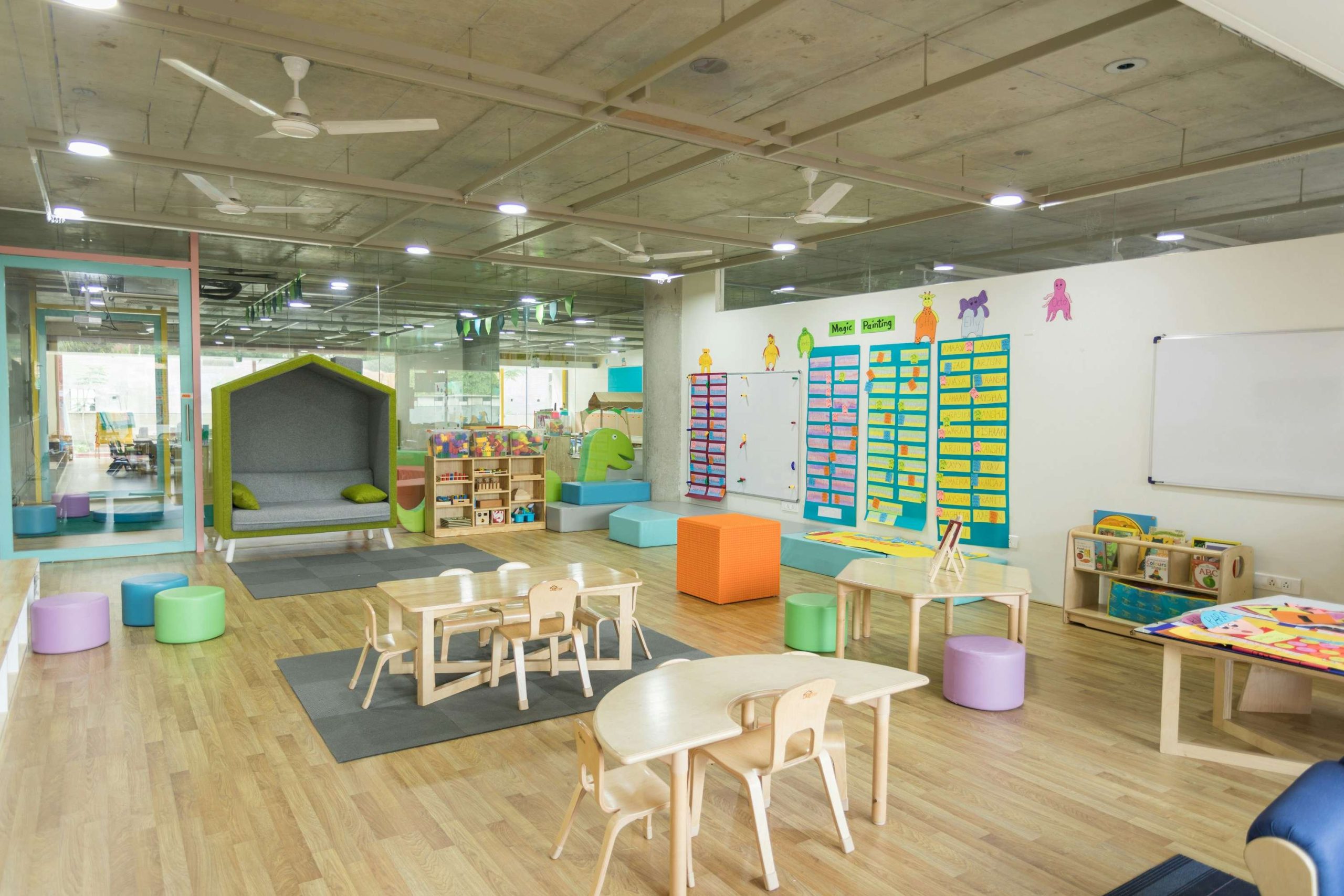
Cultivating Environmental Awareness in Preschoolers: Nurturing a Sustainable Future
In today’s rapidly changing world, fostering environmental awareness among the youngest members of society is crucial. Preschoolers, with their innate curiosity and receptiveness, provide a unique opportunity to instill a sense of responsibility towards the environment. By introducing them to the wonders of nature and teaching them about sustainable practices, we can pave the way for a greener and more sustainable future. This article aims to explore the significance of environmental awareness in preschoolers and provide practical strategies to nurture this awareness from an early age.
The Importance of Environmental Awareness
Preschoolers possess an incredible capacity for learning and absorbing information. By exposing them to the concept of environmental awareness, we empower them to become conscientious caretakers of the planet. Environmental awareness fosters a deep connection with nature, instills a sense of responsibility, and develops critical thinking skills. It enables preschoolers to comprehend the interdependencies of ecosystems and recognize the impact of human actions on the environment.
Nurturing Environmental Awareness in Preschoolers
Incorporating Sustainable Practices into Preschool Settings
Collaborative Efforts for Environmental Awareness
Empowering Preschoolers as Environmental Advocates
Overcoming Challenges and Sustaining Environmental Awareness
In conclusion, empowering preschoolers as environmental advocates involves providing them with opportunities to engage in role-playing, community projects, artistic expression, and eco-friendly events. Overcoming challenges and sustaining environmental awareness requires continuous education, positive role modeling, addressing complex issues, and celebrating achievements. By nurturing their passion for the environment and encouraging their active involvement, we can foster a generation of preschoolers who are not only aware of environmental issues but also capable of making a positive impact on the world around them. Let us embrace this responsibility and work together to create a sustainable future for all.
Technology and Environmental Awareness for Preschoolers
It is important to strike a balance between incorporating technology and maintaining hands-on, nature-based experiences. Technology can enhance learning and provide valuable resources, but it should be used mindfully and in moderation to ensure preschoolers maintain a strong connection with the natural world.
As we explore the role of technology in fostering environmental awareness among preschoolers, it is crucial to assess and adapt digital resources to align with their developmental needs and values. By leveraging technology effectively, we can harness its potential to inspire and educate preschoolers, empowering them to become informed and engaged environmental advocates.
Creating a Supportive and Sustainable Learning Environment
Creating a supportive and sustainable learning environment goes beyond the physical aspects. It encompasses an ethos of respect for nature, fostering a culture of curiosity and inquiry, and cultivating a sense of responsibility towards the environment. By embedding sustainability principles into all aspects of the preschool experience, we can provide a holistic approach that nurtures environmental awareness and empowers preschoolers to become advocates for a greener and more sustainable future.
Engaging Families in Environmental Awareness
By involving families in the journey of environmental awareness, we create a supportive network that extends beyond the preschool walls. Engaging parents as partners in fostering sustainability helps create a cohesive approach, reinforces environmental values, and enhances the overall impact of environmental education for preschoolers.
Conclusion
In the quest for a sustainable future, cultivating environmental awareness in preschoolers is a crucial step. By introducing them to the wonders of nature, teaching them about sustainable practices, and fostering a sense of responsibility, we empower the next generation to become stewards of the environment. Through nature exploration, sensory experiences, literature, art activities, and incorporating sustainable practices within preschool settings, we can nurture their innate curiosity and instill a deep connection with the natural world.
Moreover, collaborative efforts involving parents, community partnerships, and educational institutions can amplify the impact of environmental awareness initiatives. By engaging parents and sharing practical tips for sustainable practices at home, we create a cohesive approach towards nurturing sustainability beyond the preschool environment. Collaborating with local environmental organizations and inviting experts as guest speakers or for field trips expands preschoolers’ understanding of environmental issues and emphasizes the importance of collective action.
As we end this article, let us remember that environmental awareness is not a standalone concept but an ongoing journey. It requires continuous efforts, adaptability, and the recognition that even small actions can make a significant difference. By instilling environmental consciousness in preschoolers today, we are sowing the seeds for a greener and more sustainable future for generations to come.
Together, let us foster a generation of preschoolers who embrace environmental stewardship, respect nature, and take collective action towards building a harmonious and sustainable planet. May their awareness and passion inspire positive change and shape a future where the preservation of our environment is at the forefront of our collective consciousness.


